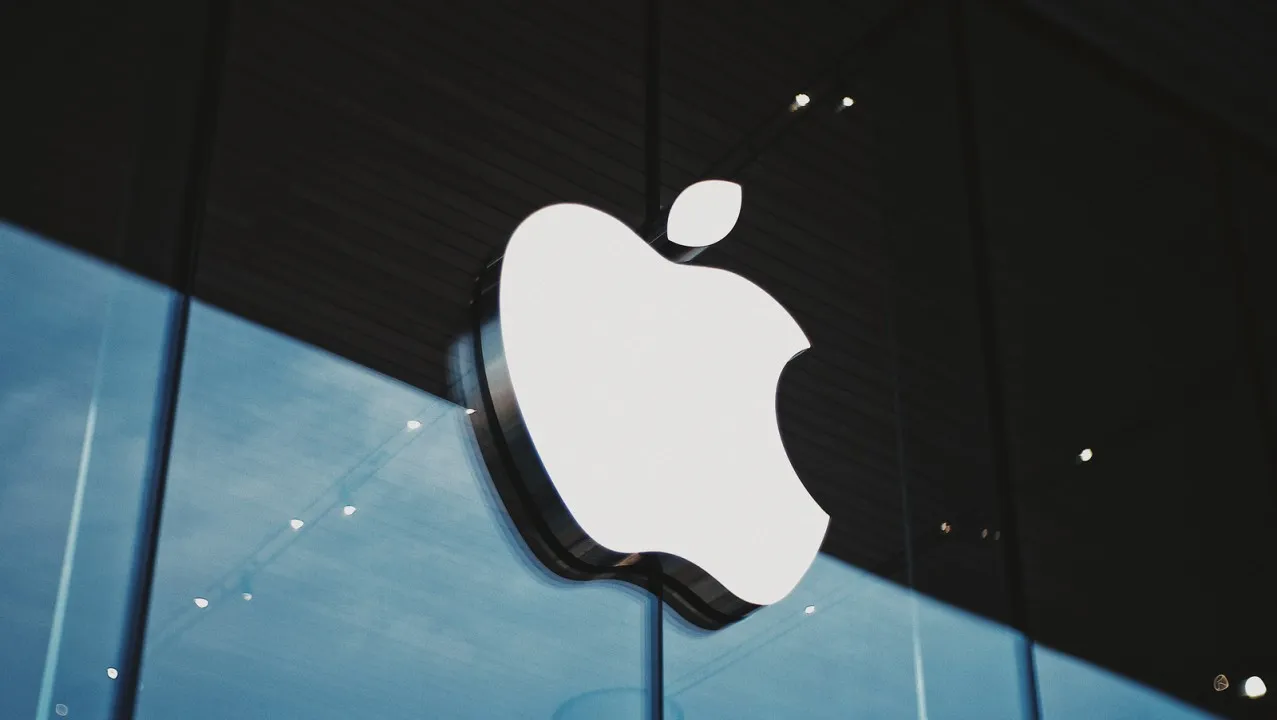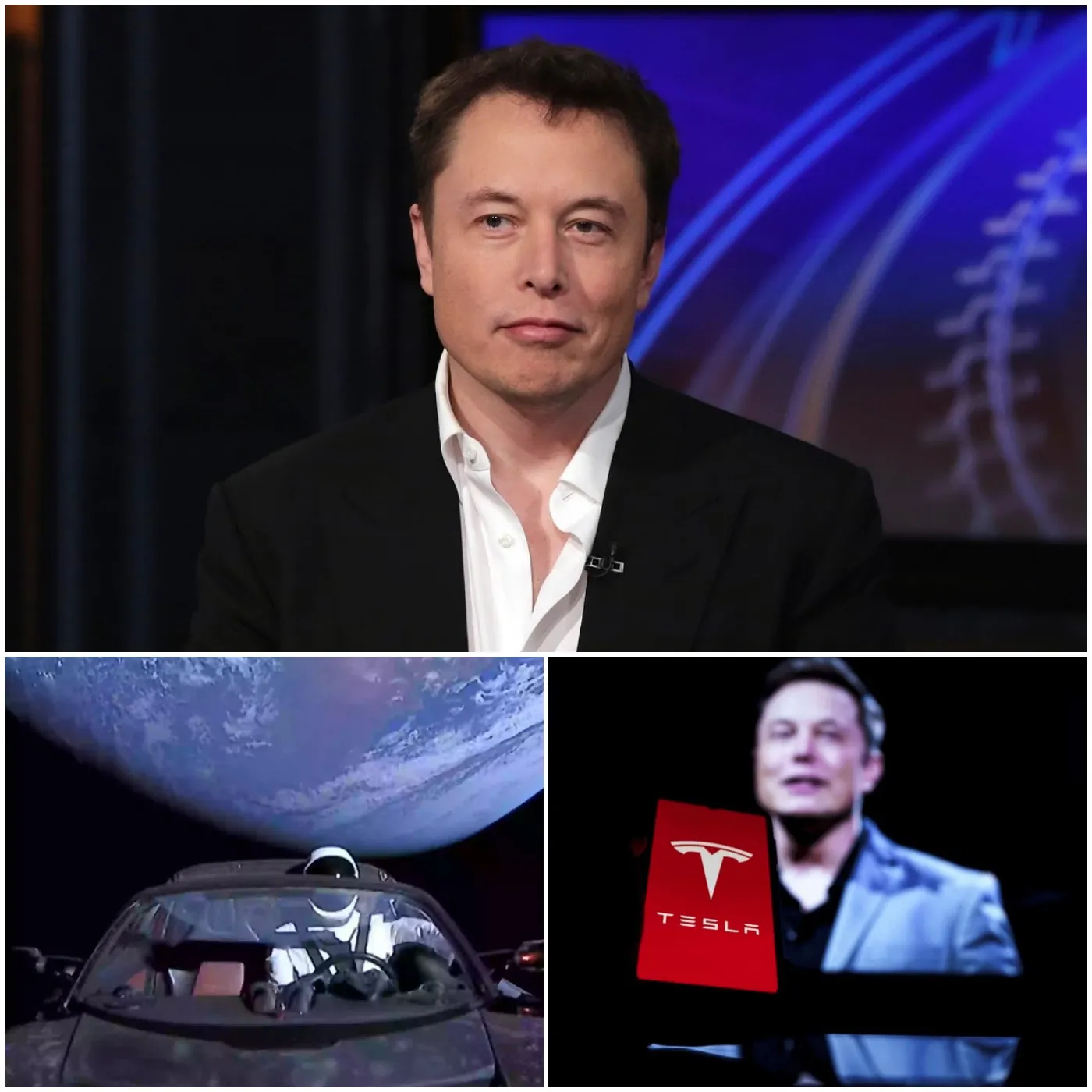

2024 Space Events Can’t Miss: What the Universe Has
2024 was a year of incredible progress in space science, with significant achievements across orbital and lunar missions, as well as pioneering advancements in space technology. From Japan’s successful lunar landing to SpaceX’s new rocket capture technology, the year was full of milestones that push the boundaries of space exploration.
Japan Successfully Lands on the Moon
On January 19, 2024, the Japan Aerospace Exploration Agency (JAXA) marked a historic achievement as its SLIM spacecraft successfully landed on the Moon, making Japan the fifth country to reach Earth’s natural satellite. After a long journey, SLIM arrived at its destination, aiming for a precision landing within 100 meters of its target at the rim of the Shioli Crater.
Weighing just 200 kilograms and costing $120 million, the SLIM mission aimed to advance lunar exploration by studying the composition of the Moon’s surface, specifically around the Sea of Nectar region. Despite an initial setback where the lander was found upside down, preventing its solar panels from receiving sunlight, the mission team managed to restore communication during subsequent lunar days. Unfortunately, contact was lost after the third lunar night, marking the end of the mission in August. However, SLIM had successfully demonstrated unparalleled landing precision, a major step forward for lunar exploration.

China’s Lunar Sample Collection Mission
On May 3, 2024, China’s Chang’e-6 spacecraft launched on a Long March-5 rocket, embarking on a mission to collect lunar samples from the far side of the Moon. This marks a significant leap in lunar science as the South Pole-Aitken Basin (SPA), one of the Moon’s largest and most scientifically intriguing craters, was selected as the landing site. After landing in the Apollo Crater on June 1, the spacecraft collected nearly 2 kg of lunar material, providing critical insights into the composition and early history of the Moon.
The successful return of the sample capsule to Earth on June 25 enriched our understanding of lunar volcanic activity, the Moon’s collision history, and the contrasting geologic conditions between the Moon’s near and far sides. The Chang’e-6 mission is part of China’s growing leadership in lunar exploration, laying the groundwork for future missions to explore the Moon’s resources.

Boeing’s Starliner Faces Technical Challenges
Boeing’s Starliner spacecraft faced significant setbacks in 2024 after its successful launch on June 5, which carried NASA astronauts Butch Wilmore and Suni Williams to the International Space Station (ISS). Despite years of delays, the spacecraft encountered serious technical issues during flight, including helium leaks and thruster failures, which led to an extended stay on the ISS. NASA and Boeing engineers decided it was unsafe for the astronauts to return on the malfunctioning Starliner, resulting in their extended stay until February 2025.
The Starliner capsule successfully returned to Earth on September 6, 2024, without a crew, landing in New Mexico for further analysis. This mission highlighted the technical challenges Boeing faced with its spacecraft, emphasizing the importance of reliability in space travel systems.

First Private Spacewalk in History
One of the most groundbreaking events of 2024 was the Polaris Dawn mission, which achieved the first private spacewalk. On September 10, the SpaceX Crew Dragon spacecraft launched with a crew of four astronauts, including mission commander Jared Isaacman and SpaceX engineer Sarah Gillis. After reaching an altitude of 1,400 kilometers, the crew conducted a spacewalk at 737 kilometers above Earth on September 12. This historic mission lasted for 1 hour and 46 minutes and marked a significant milestone for private space ventures.
During the spacewalk, the crew tested new technologies, including a laser-based communication system connected to SpaceX’s Starlink satellites. The success of Polaris Dawn is a testament to the growing role of private companies in space exploration and their ability to execute complex missions once reserved for government agencies.

SpaceX Achieves Rocket ‘Chopstick’ Technology Milestone
SpaceX made history on October 13, 2024, when it successfully tested its innovative “chopstick” technology to capture the Super Heavy booster stage of the Starship rocket. This achievement is crucial for Elon Musk’s vision of making space travel more efficient and sustainable. The robotic arms of the launch tower caught the booster just seven minutes after launch, marking a significant milestone in rocket recovery.
This new technology eliminates the need for landing legs on the booster, reducing weight and turnaround time. The goal is to be able to refuel and reuse rockets within 30 minutes, significantly reducing the cost of space travel and enabling the future colonization of Mars.

Space Solar Power Breakthroughs
2024 also saw major advancements in space solar power, a potential game-changer for Earth’s energy needs. Researchers are working on the idea of using satellites equipped with solar panels to harness energy in space. These satellites could convert solar energy into microwaves and transmit it wirelessly to Earth, bypassing the limitations of weather and nighttime.
In January 2024, Caltech’s Space Solar Power Demonstrator mission successfully transmitted solar energy from space for the first time. Meanwhile, Iceland’s Transition Labs and Japan’s Space Solar are making significant strides in developing solar power plants outside Earth’s atmosphere. Japan plans to test a small solar power plant in space by 2025, marking the first step toward a new era of energy generation.

Looking Ahead
As we continue to witness remarkable achievements in space exploration, 2024 serves as a reminder of the rapid advancements being made. From lunar exploration to private space missions and the promise of space-based solar power, humanity is closer than ever to unlocking the full potential of space. These groundbreaking developments are setting the stage for an exciting future where space exploration becomes an integral part of our lives, with the potential to revolutionize energy, technology, and our understanding of the universe.


















